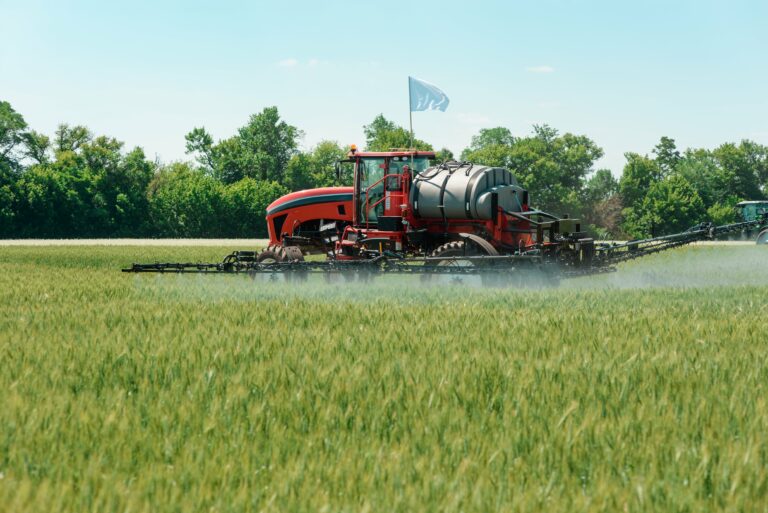To effectively control pests, it is essential to implement an integrated pest management (IPM) approach. IPM is a comprehensive and sustainable approach to pest control that involves the use of multiple tactics to reduce pest populations while minimizing the use of synthetic pesticides. This approach includes several components:
Prevention: The first step in pest control is preventing pests from becoming a problem in the first place. This can include practices such as proper plant selection, good cultural practices, and regular monitoring for signs of pests.
Identification: Identifying the pest is critical for developing an effective control strategy. Knowing the life cycle, behavior, and biology of the pest can help determine the most appropriate control measures.
Cultural control: This involves modifying the environment to make it less hospitable to pests. For example, planting pest-resistant varieties, using crop rotation, and implementing proper sanitation practices can all help reduce pest populations.
Biological control: This involves using natural enemies of pests, such as predators or parasites, to control their populations.
Chemical control: As a last resort, synthetic pesticides may be used to control pests. However, these should be used sparingly and only when necessary to minimize the risk of environmental damage and resistance development.
By implementing an integrated pest management approach, growers and landscapers can effectively control pests while minimizing the use of synthetic pesticides. This can result in healthier crops and more beautiful landscapes, while also promoting environmental sustainability. Aquarius Supply can help identify the products your require for your use case. Get started by getting a quote or visiting a location today.



